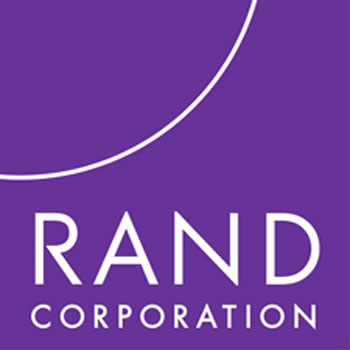| First, what was the MeK’s legal status according to international humanitarian law as interpreted during the war on terrorism? |
Determining the MeK’s Legal Status
 In the course of implementing the agreement, important questions emerged. First, what was the MeK’s legal status according t international humanitarian law as interpreted during the war on terrorism? Legal status was important because it would determine the specific obligations of coalition forces to its MeK detainees.16) because the MeK was belligerent that operated with Iraqi forces but was also a nonstate actor and a de designated FTO, staff lawyers for Combined Joint Task Force 7 (CJTF-7) 17 were not sure whether the Geneva Conventions should apply to its members or if they should be considered "unlawful" or “illegal” combatants.
In the course of implementing the agreement, important questions emerged. First, what was the MeK’s legal status according t international humanitarian law as interpreted during the war on terrorism? Legal status was important because it would determine the specific obligations of coalition forces to its MeK detainees.16) because the MeK was belligerent that operated with Iraqi forces but was also a nonstate actor and a de designated FTO, staff lawyers for Combined Joint Task Force 7 (CJTF-7) 17 were not sure whether the Geneva Conventions should apply to its members or if they should be considered "unlawful" or “illegal” combatants.
According to the Third Geneva Convention, during a war between states, members of irregular forces that fight on the side of enemy forces and are captured on the battlefield are usually categorized as combatants. However, if there is doubt as to whether such a classification is appropriate “such persons shall enjoy the protection of the present
15) Reflecting the practice of naming bases after the different units in command of the base at a given time, the site has been named FOB Spartan, FOB Red Lion, and FOB Barbarian.This monograph refers to the base by its final name, FOB Grizzly. Some observers incorrectly identify Camp Ashraf as a regular coalition detention facility, like Camp Bucca or Camp Cropper. However, Camp Ashraf is a MeK facility.
16) It should be noted that the legal status decision is a separate decision from whether an individual may be lawfully detained. The Third Geneva Convention provides that POWs may be interned (Article 21), but the Fourth Geneva Convention allows detainment of civilians only in exceptional circumstances (“if the security of the Detaining Power makes it absolutely necessary” or “for imperative reasons of security”) and requires regular review of a decision to detain (Articles 42 and 78).
17) CJTF-7 replaced the Coalition Forces Land Component Command on June 14, 2003, as the operational command for OIF. It was replaced by MNF-I and Multi-National Corps-Iraq on May 14, 2004.
